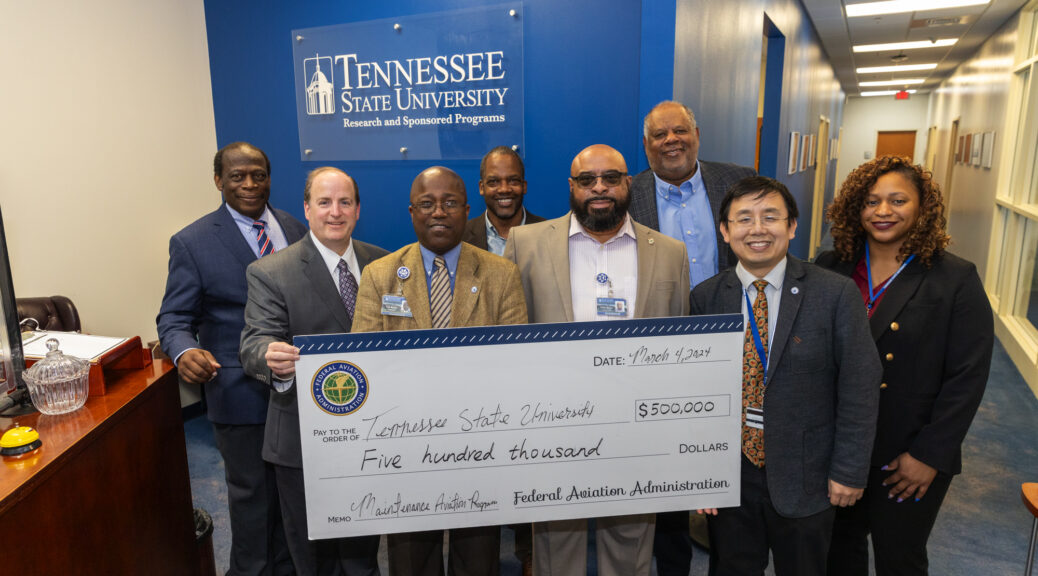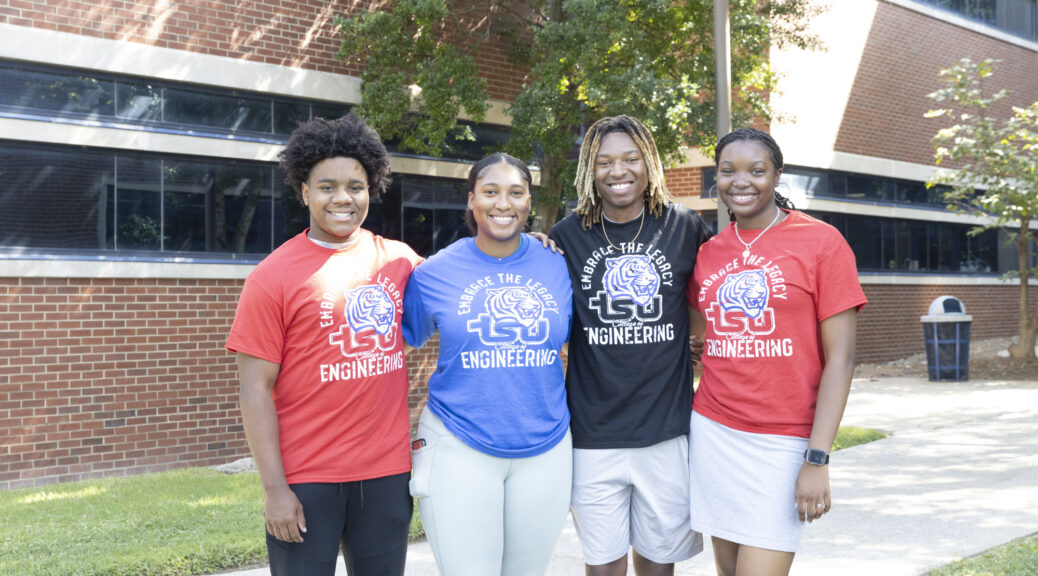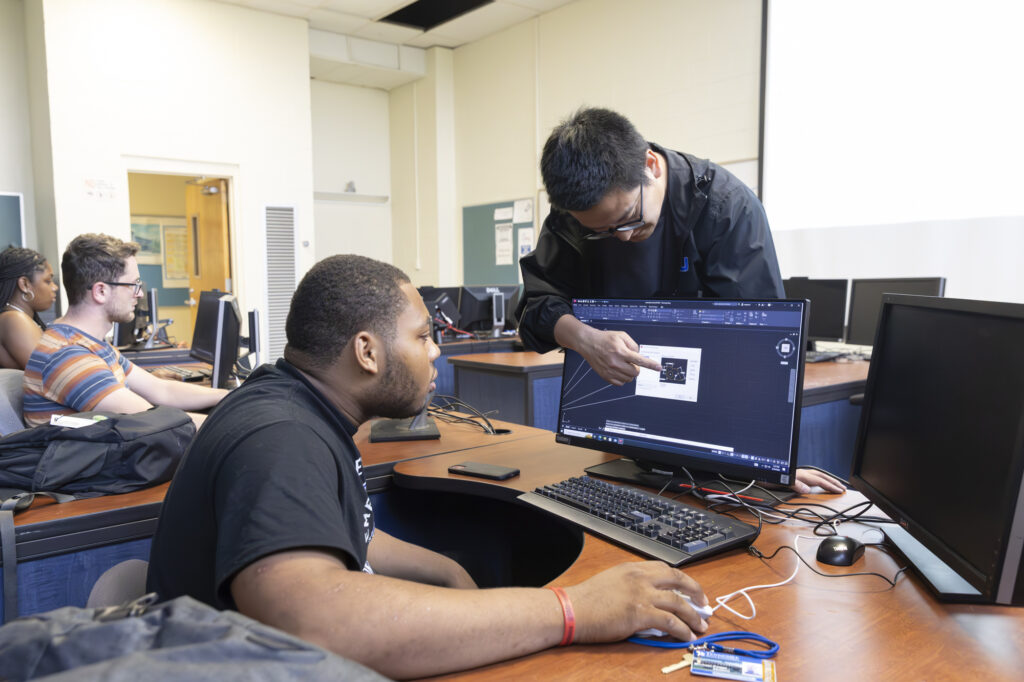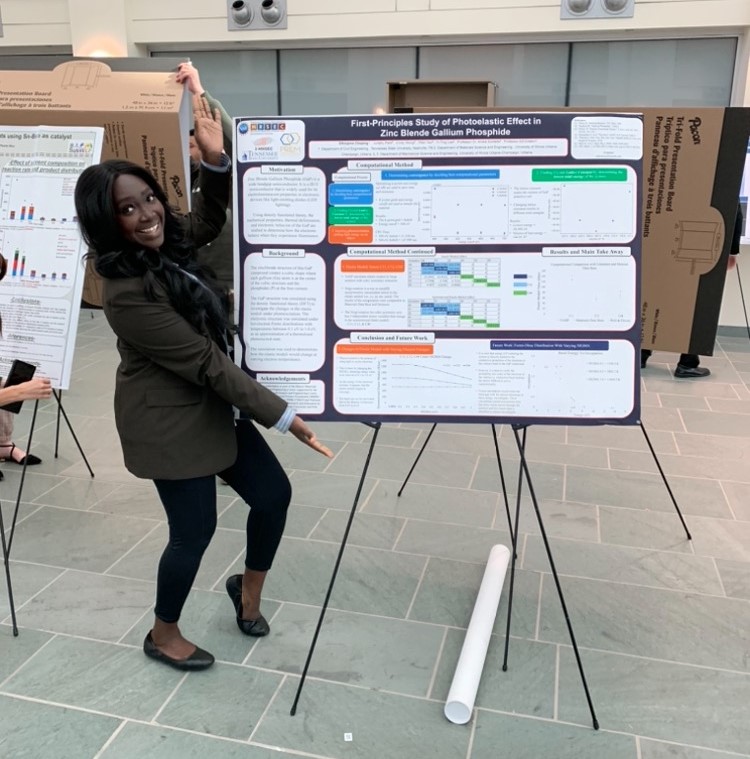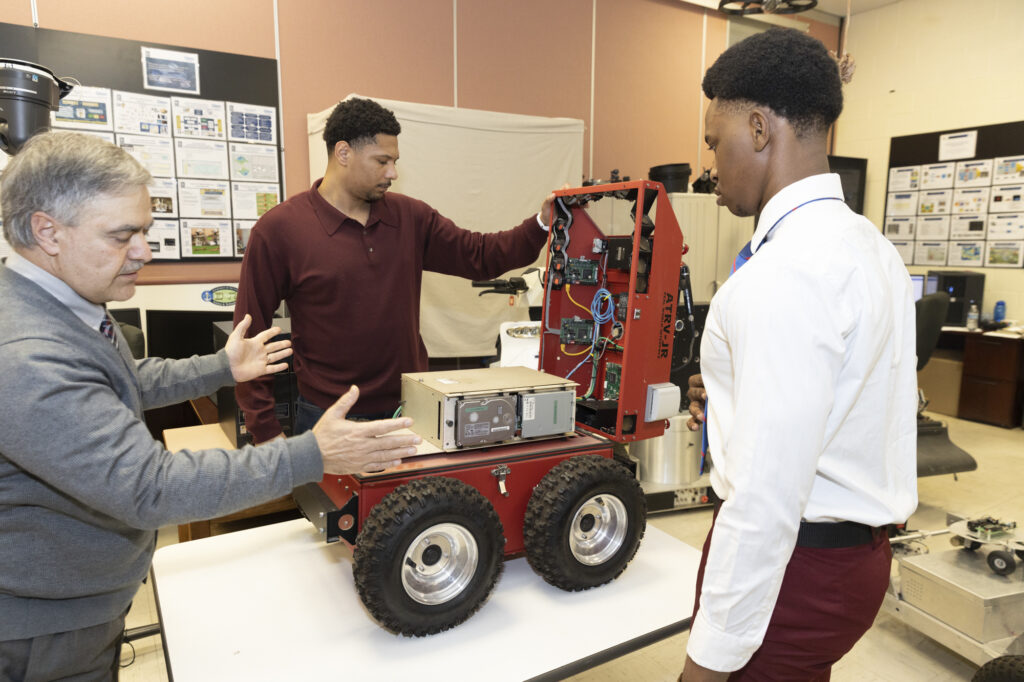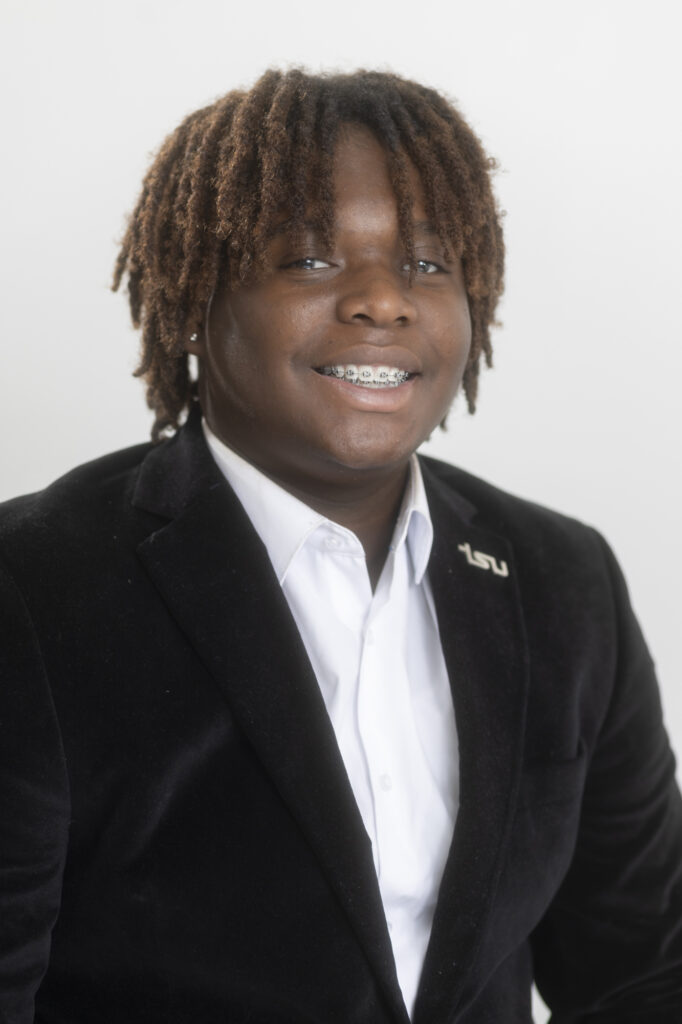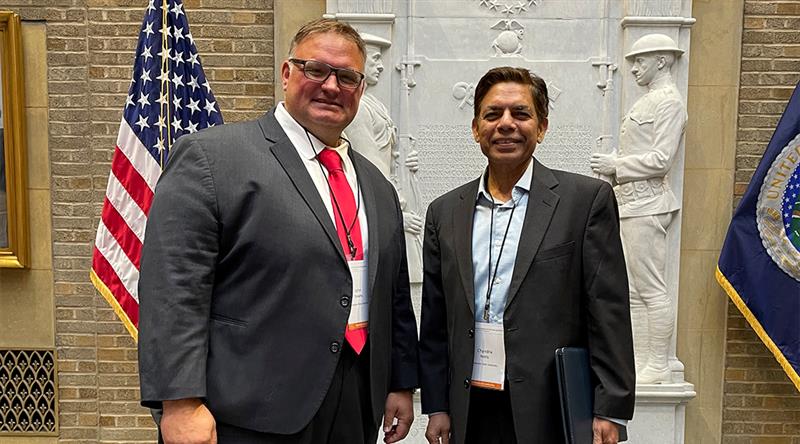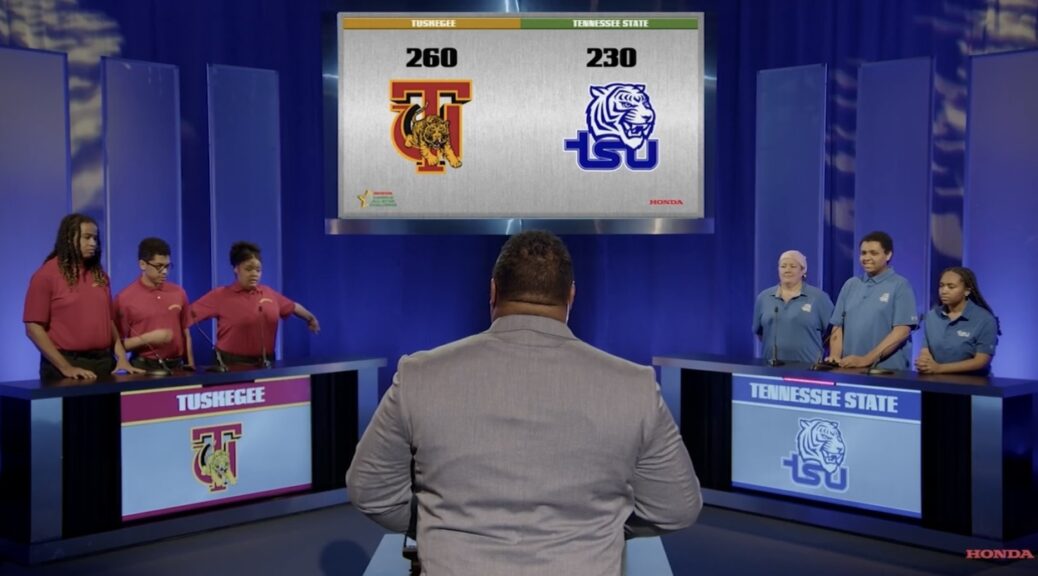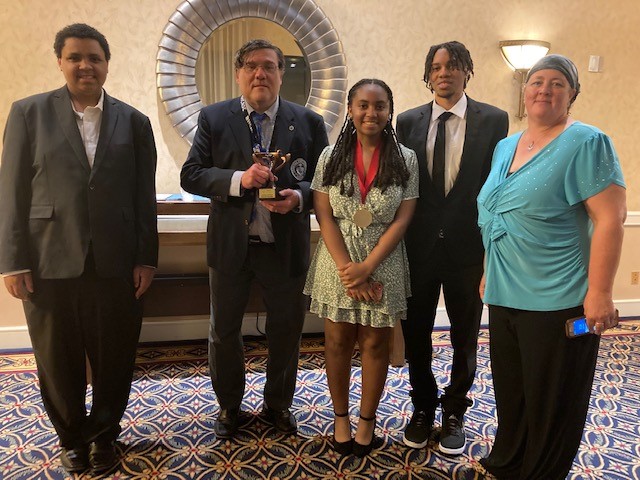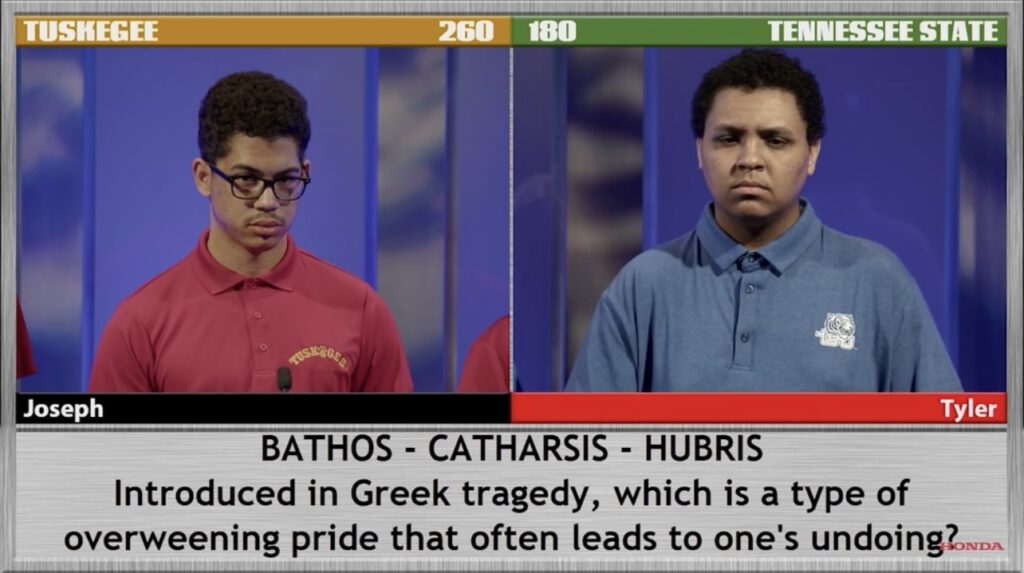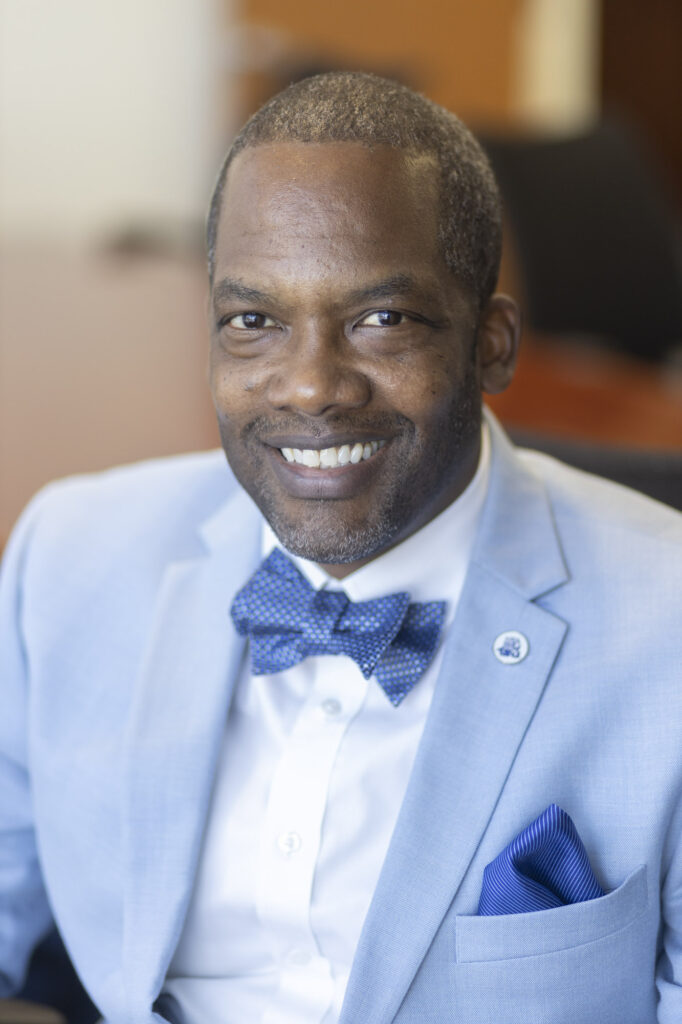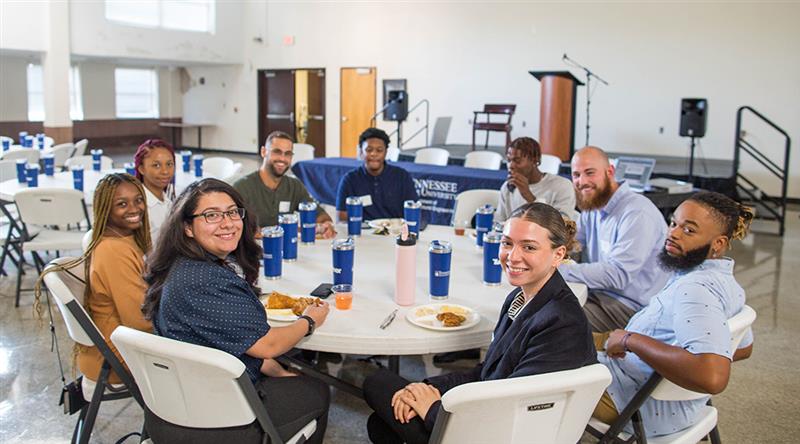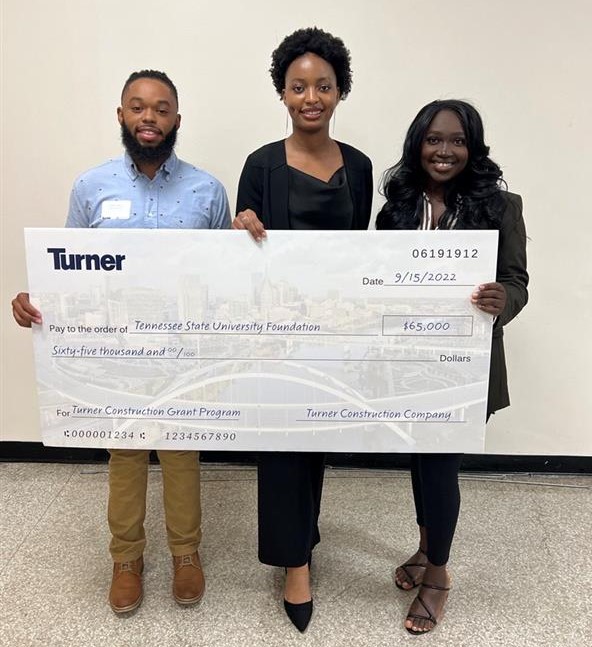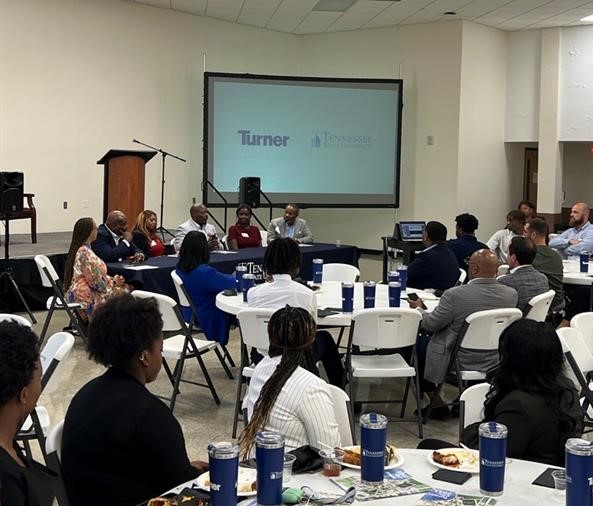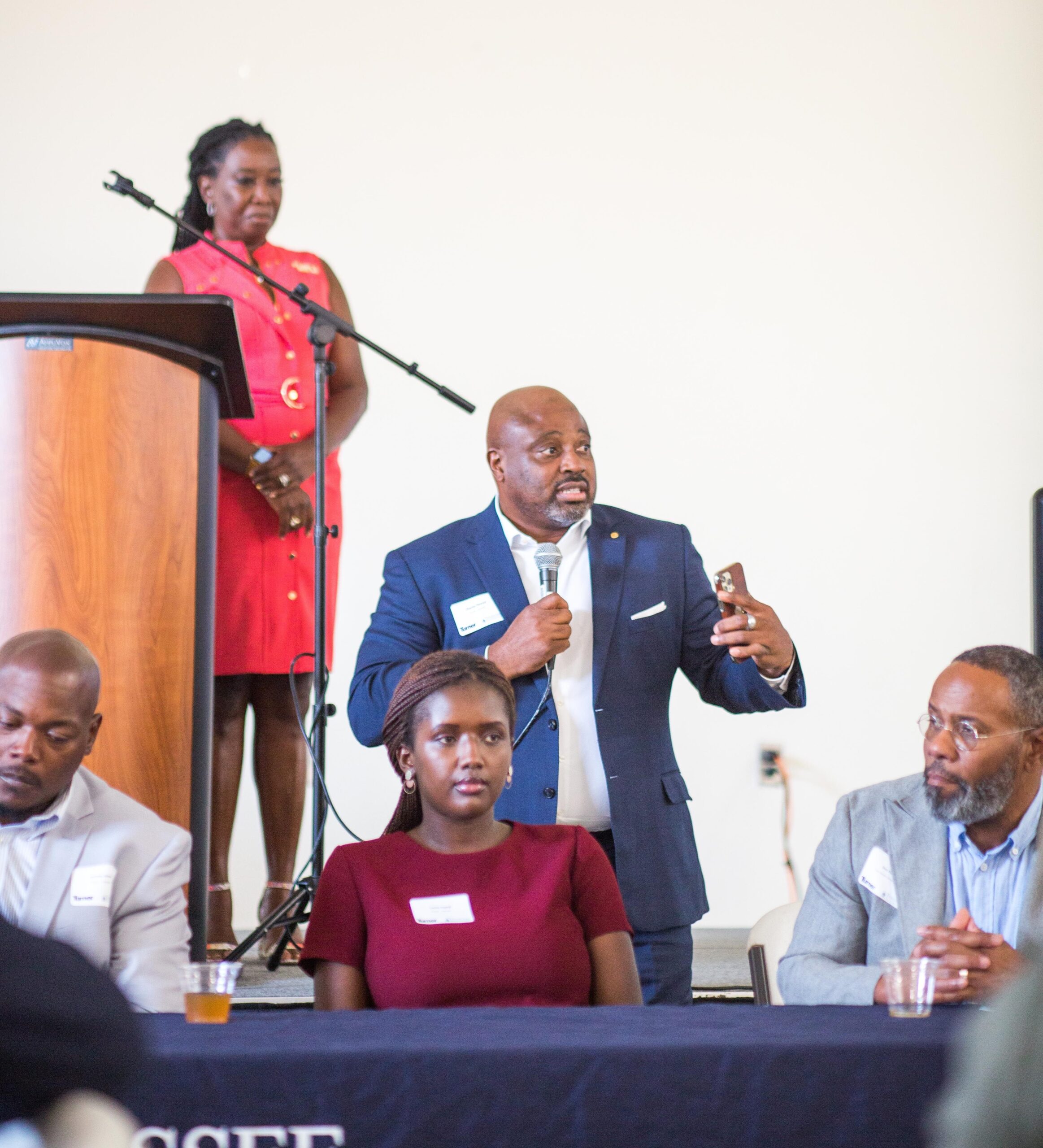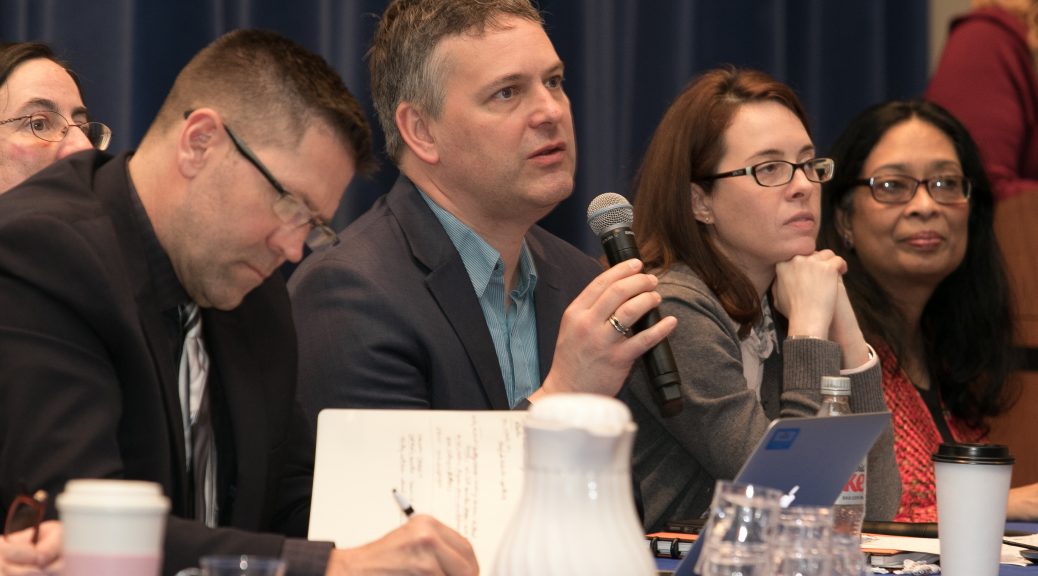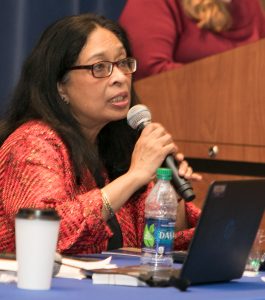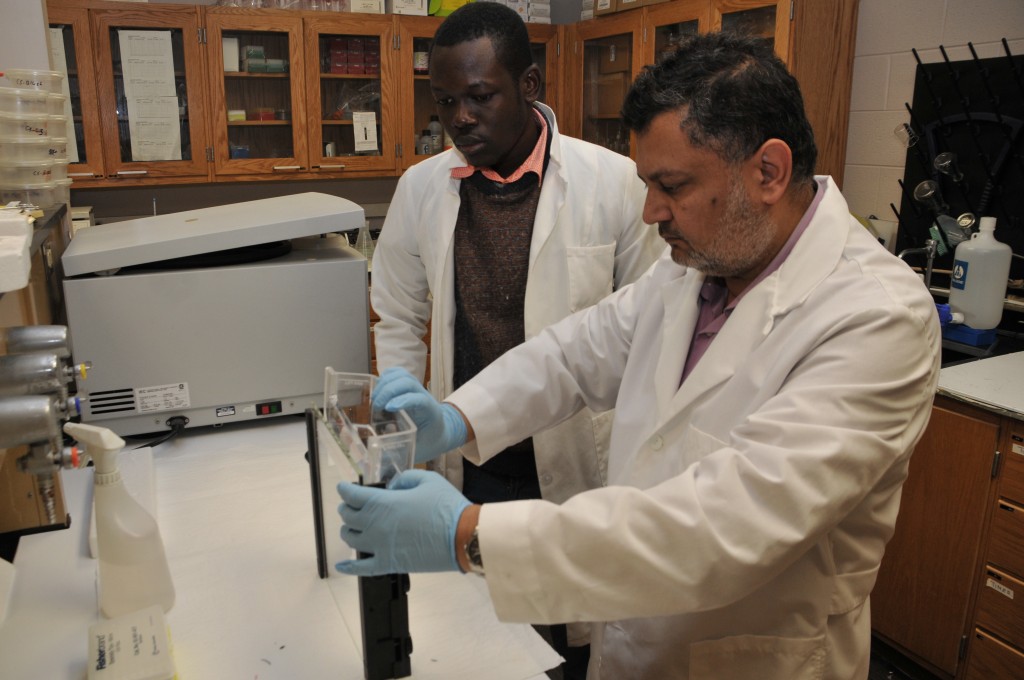NASHVILLE, Tenn. (TSU News Service) – Tennessee State University aviation program is expected to reach new heights with a recent $500,000 grant from the Federal Aviation Administration (FAA). The grant will be used to enhance the TSU aviation program by attracting and training students for careers not only as pilots but aviation maintenance technicians with hands-on experience and more.
Dr. Ivan Mosley, Chair of the Department of Applied and Industrial Technology expressed his excitement for the impact this grant will have on students. Mosely is the principal investigator (PI) for the grant.
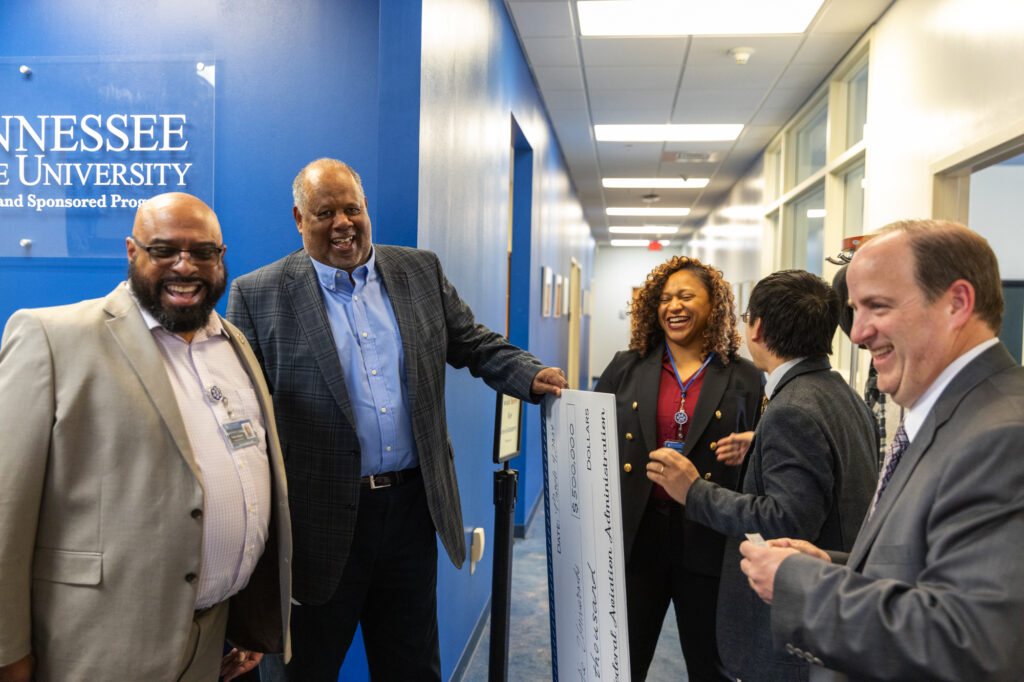
“This will impact our students for the overall profession of aviation networking which includes but not limited to maintenance, airport management, air traffic controller, and more,” Mosley said. “So, this particular grant is exposing them to the maintenance portion of the networking.”
The FAA maintenance grant represents a significant milestone for TSU. Dr. Mosley said that even if students don’t pursue a four-year degree, they can receive a certification through the program, providing an affordable and accessible route to network not only in Nashville and surrounding states, but throughout the United States and abroad.
“This grant will attract people to aviation and give them hands-on experience for those who want to pursue it.”
TSU administrators and engineering faculty joined FAA representatives for the check presentation during their visit to TSU. This included Dr. Mosley, alongside Dr. Lin Li, Interim Dean of the College of Engineering, Dr. Quincy Quick, Associate Vice President for Research and Sponsored Programs, Dr. Carlos D. Beane, Co-PI and Aviation Assistant Professor, Dr. Catherine Armwood-Gordon, Engineering Associate Professor, and Dr. Curtis Johnson, Chief of Staff to the President.
Dr. Lin Li stated that the College of Engineering is very excited about this FAA workforce grant. “Through this grant, we will develop comprehensive education initiatives to bridge the gap between classroom learning and practical application, with a focus on increasing underrepresented and minority students within the aviation maintenance workforce,” Li said.
The initiative includes recruitment, instruction by experienced aviation instructors, development of aviation maintenance courses, academic career counseling and more.
“The grant will support up to 20 students to receive FAA scholarships to pursue their degree study toward aviation maintenance,” Dr. Li said.
“It will attract future students for the aviation management program in the AIT department. State-of-the-art equipment will be provided through the grant, increasing the training capacity of TSU in aviation maintenance technical training.”
In addition to the academic benefits, the program will host the High Flight Academy starting June 1, offering underrepresented students ages 16 -18 a chance to get certified as pilots.
With this grant effort, TSU is set to play a critical l role in shaping a skilled and underrepresented workforce in aviation maintenance, contributing to the industry’s growth while ensuring aircraft safety and reliability.
To learn more about TSUs aviation program, visit www.tnstate.edu/ait/aviationflight.aspx
